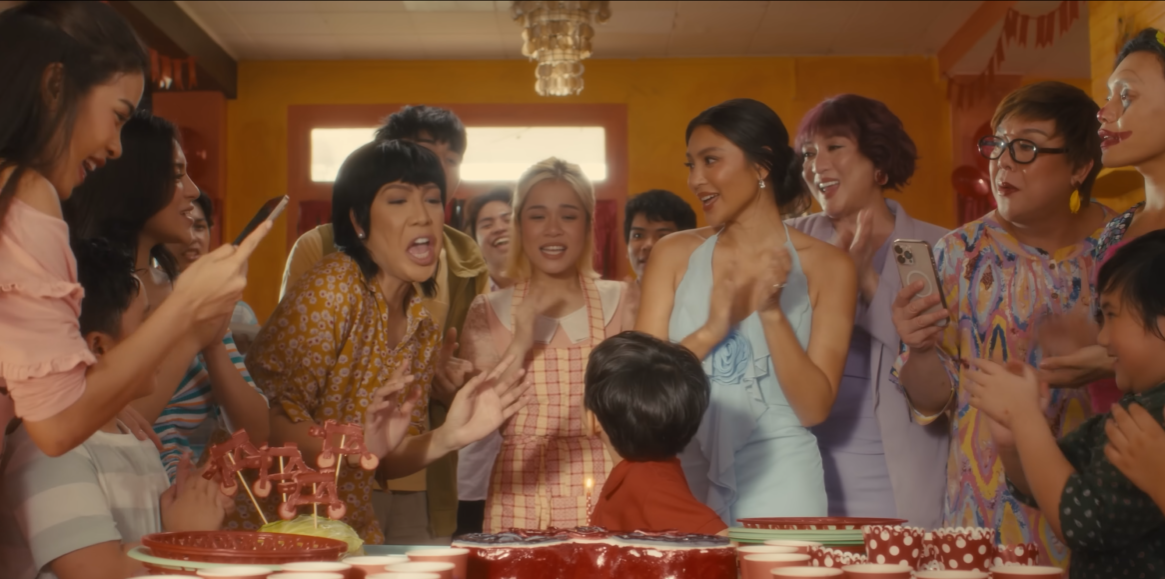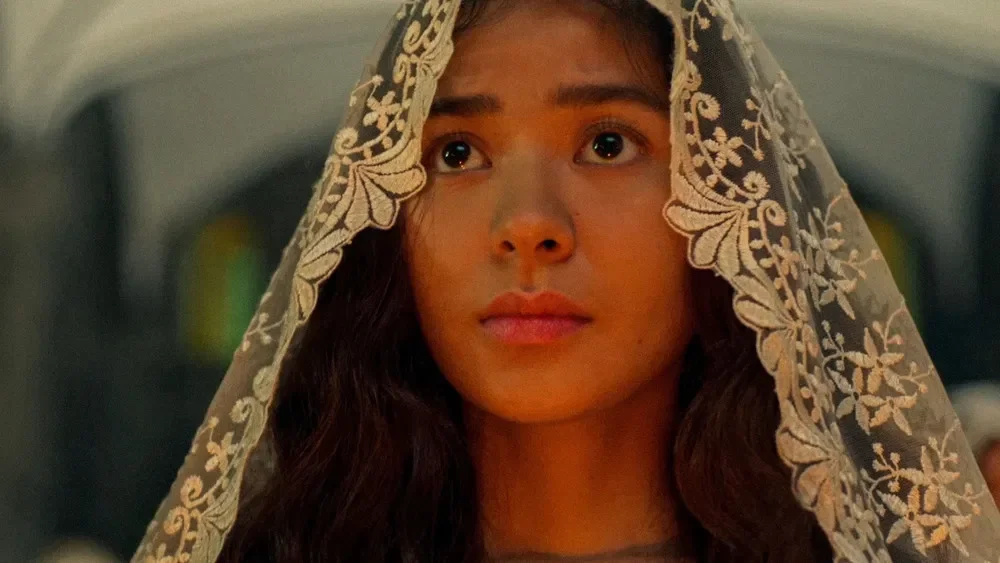‘Balota’ REVIEW: Defending Philippine democracy
‘Balota’ REVIEW: Defending Philippine democracy
Marian Rivera as Emmy in Balota | Taken from the official trailer
Minor spoilers ahead.
As one of the most anticipated films in the 2024 Cinemalaya Independent Film Festival selection, Balota already hooked audiences and critics alike as early as the release of its first teaser. A teacher is at the center of what the brunt of local elections can yield: violence, turmoil, and above all, systemic threats to an already crumbling democracy. An upcoming Cinemalaya film was set to star the well-loved mainstream actress, Marian Rivera, and directed by Kip Oebanda, known for titles like Liway and Bar Boys.
Going into the film, and seeing how grim the film seemed in its promotional materials, the snappy election jingle in its opening sequence caught me and other audience members off guard, setting the stage with an ambiguous note. An array of visuals sets the scene: posters campaigning for aspiring mayoral candidates are plastered all around, a group of men with mysterious backgrounds operates in the shadow, and a man walks through his village selling votes to his neighbors, to put it frankly.
We first encounter Marian Rivera’s character, Emmy, in a loud confrontation. She is strong-willed in the face of petty corruption, but warm to her loved ones. Emmy is also a caring mother to her son, Enzo, played by the rising actor, Will Ashley.
Will Ashley as Enzo in Balota | Taken from the official Cinemalaya website
With enough breadcrumbs, the audience knows it takes place as the 2007 elections are closing. As Emmy volunteers as a poll watcher, things quickly turn sour. In the middle of a harsh battle between two aspiring mayors, one, a power-hungry landowner, and another, a former adult entertainment actor, the story takes a sharp tonal shift. As violence shakes her and her fellow teacher, she finds refuge in the forest. Here, teacher Emmy is left alone with the last remaining ballot box that determines the fate of the elections.
With mostly diegetic sound until the inciting incident, the non-diegetic scoring heightens the suspense when Emmy hurries to temporary safety. Now alone, far away from town, the audience is left to grapple with the crackling fire, looming footsteps, and Emmy’s quiet stuttering breaths — the grim reality someone like Emmy has to endure. Away from her family, her students, and her life, isolated in a forest for God knows how long. She’s left to fend for herself. Hell, this film could turn into a survival action. I thought to myself while watching, “The film could end with her, or the audience, not knowing what the true election results are. Worse, with that last ballot box never to be found—democracy dies with her…” Then again, Marian Rivera surfaces this visceral fear in Emmy, and I was merely digging into the suspense of it all.
There were several other storylines explored in Balota. We saw an honest conversation between son Enzo, and police officer SPO1 Morales, played by Royce Cabrera, who comes out as LGBTQ+ after a nearly fatal exchange. At other points, comedic circumstances centering queer activists and entertainment personalities, Babe and Erhmengard, played by Sassa Gurl, and Esnyr. We witnessed a mother-son relationship at risk at the hands of political power players — arguably, the most striking storyline. And another nearing the film’s tail end, we saw an intricate mind game between Emmy and candidate, Edralin, played by Gardo Versoza.
All these issues were covered, but rather cramped into the film’s 100-minute runtime. Despite this, I think the addition of comedy was much needed, successfully lightening the heavy context in which the story is grounded. Without it, it might have been too bleak for general audiences to handle.
Sassa Gurl as Babe, Esnyr as Ehrmengard, and Donna Cariaga as Anita in Balota | Taken from the official Cinemalaya website
Balota is promising in its first half but falls short in its second half. I was still quite invested in the first half. However, because it squeezed in so much in the latter half, the film wound up rather convoluted. Simply, I’m not sure if Balota knew what it wanted it to be. Of course, I’m not discrediting mixed-genre films. If executed well, many can pull off a mix of drama, satire, action, comedy, and suspense. However, in Balota, these notes were not as woven together as cleanly as I wished it was. Like loose threads, these must be cut off to achieve a tidy, precisely woven scarf.
My expectations were not quite met, given its captivating marketing and the previous acclaim Kip Oebanda received. With too many plot points scattered across the film, it needed more space for any storyline to strike a chord deep enough. The visual storytelling was compelling, beautiful scenes were scattered here and there, but nothing quite revolutionary.
Despite loose threads, the film’s saving grace is in the cast’s stellar performances. Marian Rivera’s capacity to take on more dramatic roles shined in Balota. She brought her flair to Emmy, both in the light and dark. Her talents were recognized, garnering the prestigious Best Actress award at the Cinemalaya 2024 Awards. Will Ashley’s performance surprised me, handling such harrowing themes with maturity and depth. These performances leave the viewer to sympathize with and root for these characters, as the actors bring Emmy, Enzo, and the ensemble to life.
Balota gets its message across enough to paint a small part of the big picture of Philippine politics — the sacrifices provincial teachers make in the name of justice, peace, and democracy.
Balota premiered at the 20th Cinemalaya Independent Film Festival as part of the Full Length Main Competition category.










